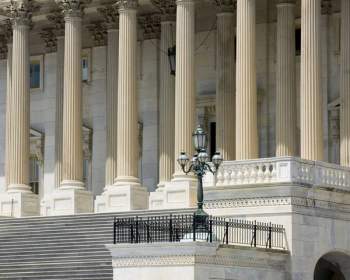
Church of Lukumi Babalu Aye v. City of Hialeah

Church of Lukumi Babalu Aye v. City of Hialeah: Background
The Church of Lukumi Babalu Aye was a staunch practice of the Afro-Carribean-based religion of Santeria. Santeria used animal sacrifice as a method of worship in which the animal’s carotid arteries would be ripped and slashed. With the exception of healing and death right rituals, the animal would then be eaten.
Shortly following the announcement of the establishment of a Santeria church in the city of Hialeah, Florida, the locality’s city council adopted several laws to address the practice of the animal sacrifice. The community’s laws prohibited possession of animals for slaughter or sacrifice, with specific exemptions for any state-licensed activity.
Church of Lukumi Babalu Aye v. City of Hialeah: The Question
The case of Church of Lukumi Babalu Aye v. City of Hialeah revolved around the question of whether or not the city of Hialeah’s ordinance, which prohibited animal sacrifices or slaughters for ritual purposes, violated the First Amendment’s Free Exercise Clause.
Church of Lukumi Babalu Aye v. City of Hialeah: The Decision
The decision of Church of Lukumi Babalu Aye v. City of Hialeah was offered as a 9 to 0 vote in favor of the Church and the afro-Caribbean religion of Santeria. In Church of Lukumi Babalu Aye v. City of Hialeah, the court ruled that the locality’s laws were neither neutral nor applicable. The city’s laws, according to the court, had to be justified by a compelling governmental interest. Moreover, according to the ruling lay forth by Church of Lukumi Babalu Aye v. City of Hialeah, the city was required to tailor the laws to meet a specific interest. The core failure of the laws, as decided in Church of Lukumi Babalu Aye v. City of Hialeah, was that the ordinance was specifically applied to the church. The ordinances, according to the court in Church of Lukumi Babalu Aye v. City of Hialeah, singled out the activites of the religion and suppressed more religious practices and beliefs that were necessary to meet their stated goals.
The core problem of the law was that it targeted religious behavior. Due to this, the laws failed to survive the rigors of strict scrutiny as decided by Church of Lukumi Babalu Aye v. City of Hialeah.



















